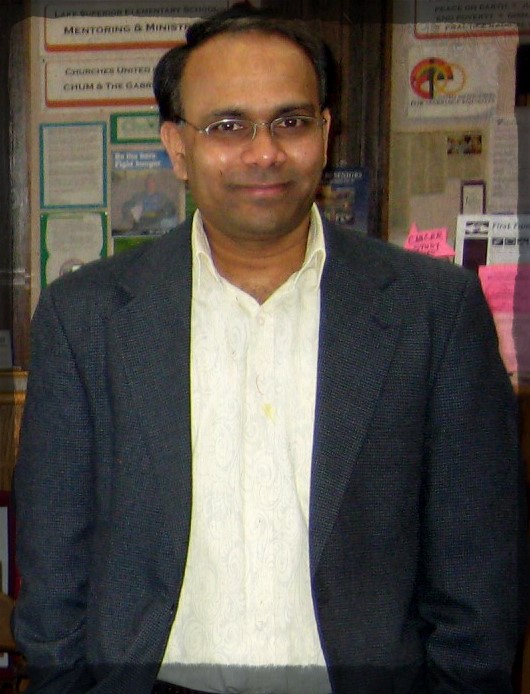Student conducts cancer treatment research
Kaija Kottke, an undergraduate researcher, splitting colorectal cancer cells in the lab on Nov. 12, 2018. Other cells she works on are the following: breast cancer, brain tumors, colorectal cancer, pancreatic cancer and non-cancerous cells. Photo by Brianna Taggart
UMD senior Kaija Kottke has been working alongside Dr. Venkatram Mereddy, a professor in the Department of Pharmacy and the Department of Chemistry and Biochemistry, to discover cancer treatments.
“He focuses on the chemotherapy approach to cancer,” Kottke said, “so we design drugs and carry out the biological testing that goes with it, anything from cell assays [tests that see how toxic their compounds are at different concentrations] all the way up to animals if we see good results.”
Their overall goal is to repurpose over-the-counter drugs to make new compounds that inhibit cancer growth.
Kaija Kottke in the lab on Nov. 12, 2018. Kottke has been working in the lab for three years. Photo by Brianna Taggart
“With the project I’m working on, we’re using already synthesized drugs, and we’re modifying them, so it’s like repurposing drugs,” Kottke said. “It’s really cool seeing that a compound that’s used for something like depression is being used for cancer just by changing one thing. For me, it’s cool to see how small changes have a big impact on the chemical and what it can do.”
Kottke has spent three years working in the lab as a volunteer and has just started getting paid during the 2018 fall semester. After graduation, she wants to go on to receive a master’s degree from UMD and continue working in the cancer research field.
Kottke is an undergraduate student triple majoring in Chemistry, Biochemistry, and Women and Gender Studies who will be graduating from UMD in the spring of 2019.
“I like seeing it from start to finish, really seeing the molecules and reactants coming together to make this drug, and I have the opportunity to see if it’s going to work or not and the thought process behind it. It’s very interesting. It’s like a puzzle…. It’s been a rollercoaster.”
Dr. Mereddy said that Kottke has been working 30 hours a week regarding this cancer project in addition to being a full-time student.
Dr. Venkatram Mereddy, a professor in the Department of Pharmacy and the Department of Chemistry and Biochemistry, works with undergraduate researchers. According to Dr. Mereddy, 70 to 80 percent of undergraduate students participate in research. Photo courtesy of Dr. Mereddy
He first learned about her excitement toward academics and research when she made a presentation in her organic chemistry class three years ago. Kottke, an undergraduate, presented her information to a group of graduate students, and they were impressed by her knowledge. They encouraged Kottke to seek out Dr. Mereddy to do undergraduate research.
“My job is easy,” Dr. Mereddy said. “I just write on the board what we’ll make [and the students go in the lab and do it] …. I want students to be involved in every process and to learn so many techniques.”
According to him, they grow their own cancer cells in petri dishes. These cancer cells include breast cancer, brain tumors, colorectal cancer, pancreatic cancer and non-cancerous cells. They then test the cancer on mice and use the compounds they’ve created to see if the compounds will inhibit the cancer growth.
Dr. Mereddy said that the undergraduate researchers he advises are becoming more informed than him on some things about the project.
“They are becoming more and more knowledgeable and then they come tell me, and I learn from them,” Dr. Mereddy said. “They are the ones doing it, and I hardly have to tell them what things to do.”



